
Philemon Jambaya
Zim Now Editor
On World Radio Day, the spotlight shines on the power of radio, particularly in rural Zimbabwe where it remains an indispensable tool for communication, education, and community building. In these remote areas, where access to technology and infrastructure is limited, radio waves carry vital information, connect communities, and amplify voices that would otherwise go unheard.
For many rural Zimbabweans, radio is more than just a source of entertainment; it's a lifeline. It's the primary source of news, keeping people informed about local and national events, agricultural updates, and health advisories. It's a platform for education, broadcasting programs on farming techniques, health tips, and educational lessons for children who may not have access to formal schooling. And it's a vital link to the outside world, connecting remote communities to each other and to the rest of the country.
"Radio is my everything," says 65-year-old Gogo Chipo from theMurehwa. "I wake up with my radio and I go to sleep with it. It tells me what's happening in my community, in Zimbabwe, and even in other countries. I learn a lot from the farming programs, and I enjoy listening to the music and the dramas."
Related Stories
Radio also plays a crucial role in preserving local culture and traditions. It broadcasts traditional music, stories, and folklore, ensuring that these cultural treasures are passed down to future generations. It also provides a platform for local voices, allowing communities to share their stories, concerns, and ideas.
"Radio is our voice," says Tawanda Mhondamapako, a village elder from Mrewa"It allows us to share our experiences, our challenges, and our hopes. It helps us to connect with each other and to build a stronger community."
In recent years, community radio stations have emerged as a powerful force in rural Zimbabwe. These stations are run by and for the local communities, addressing their specific needs and concerns. They broadcast in local languages, ensuring that information is accessible to everyone. And they provide a platform for marginalized voices, giving them a chance to be heard.
"Community radio is very important for us," says Mrs. Vimbai Mtetwa , a farmer from Chipinge. "It talks about the issues that affect us directly, like farming, health, and education. It also gives us a chance to share our own stories and ideas."
Despite the challenges of funding and infrastructure, community radio stations are thriving in rural Zimbabwe. They are a testament to the power of radio to connect communities, amplify voices, and promote development.
"Radio is a powerful tool for development," says Joseph Andras , a community radio presenter from Harare. "It can help to educate people, to empower them, and to connect them to each other. We are proud to be a part of this important work."
As Zimbabwe joins the world in celebrating World Radio Day, it's clear that radio continues to play a vital role in the lives of rural communities










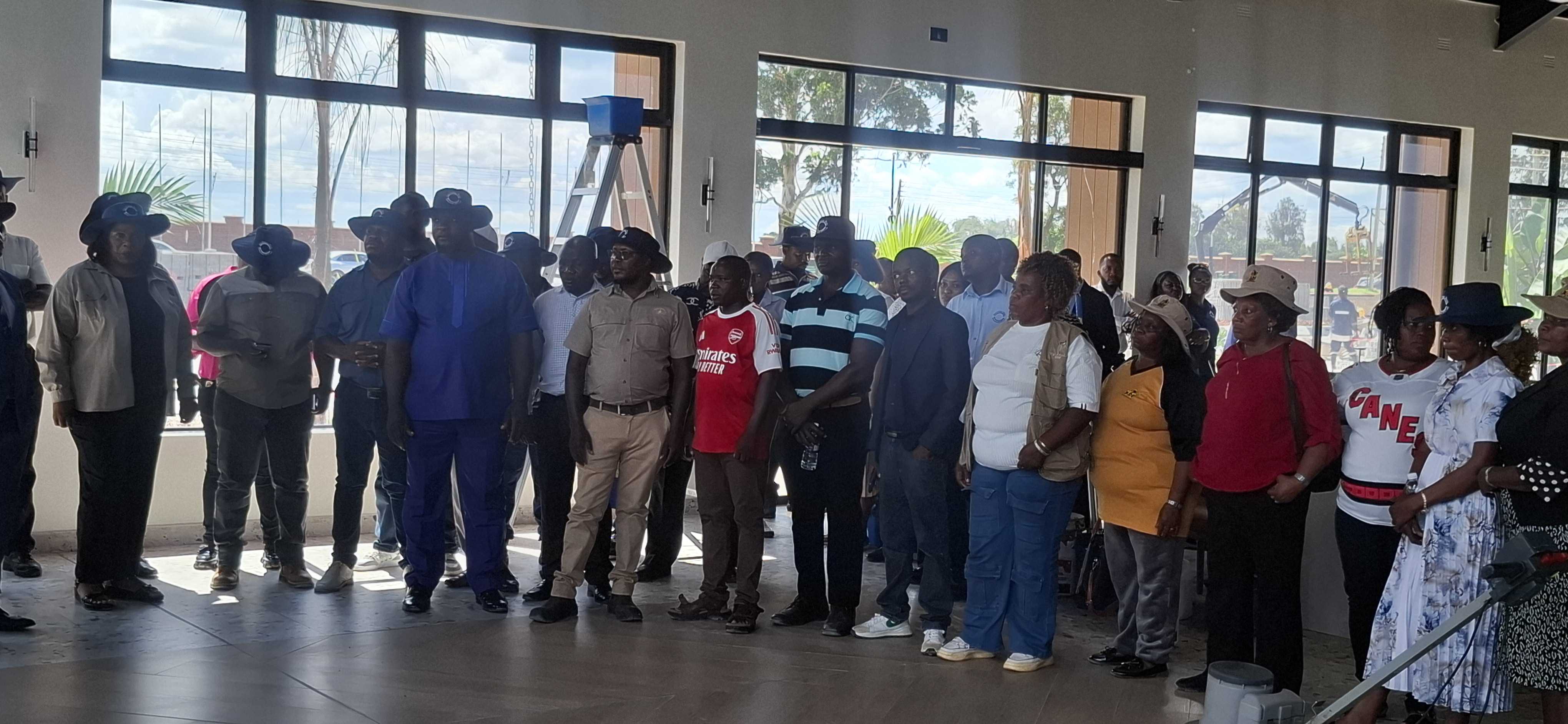
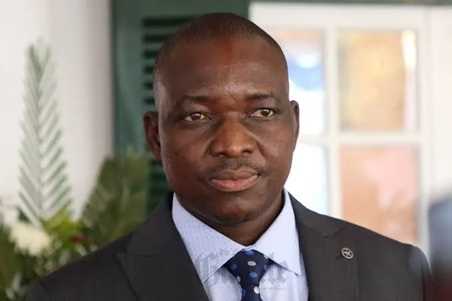


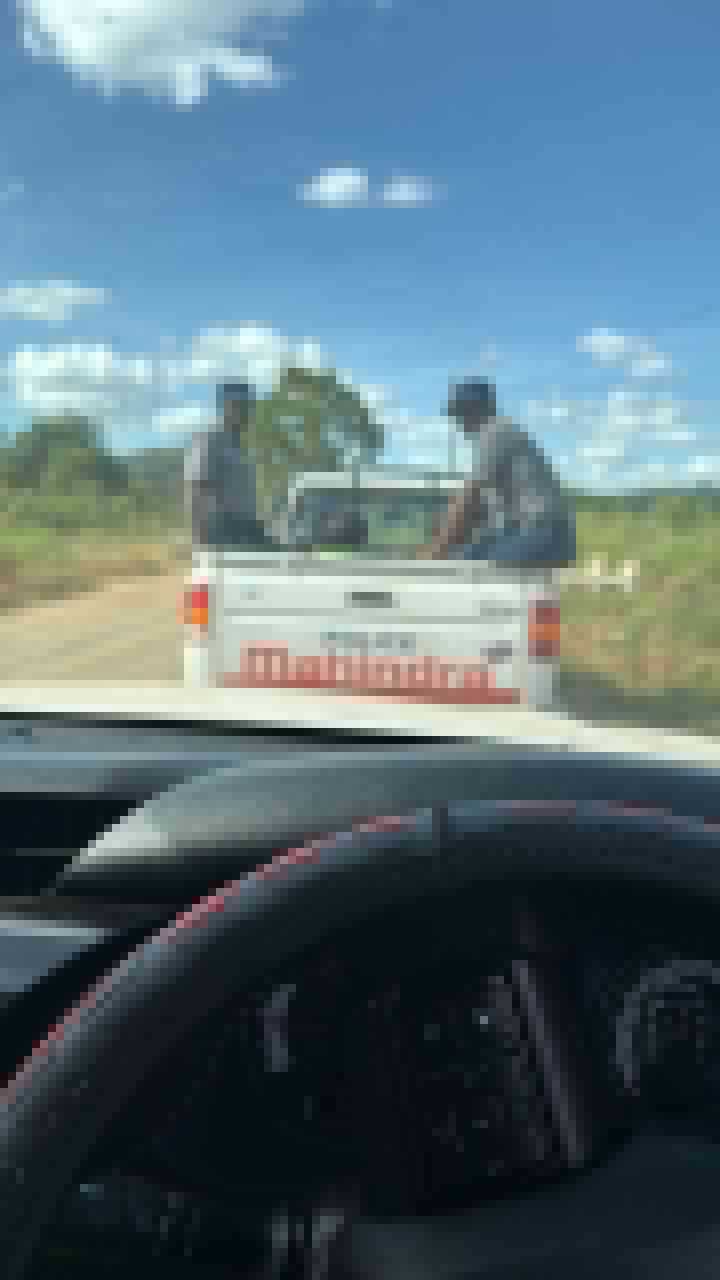
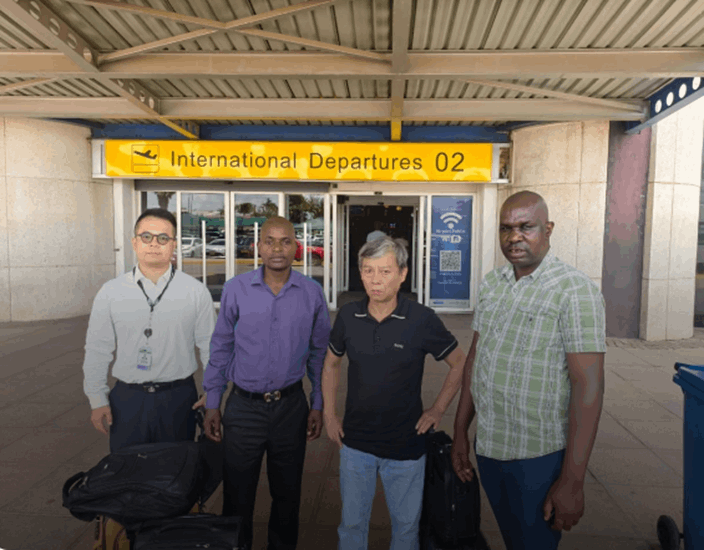
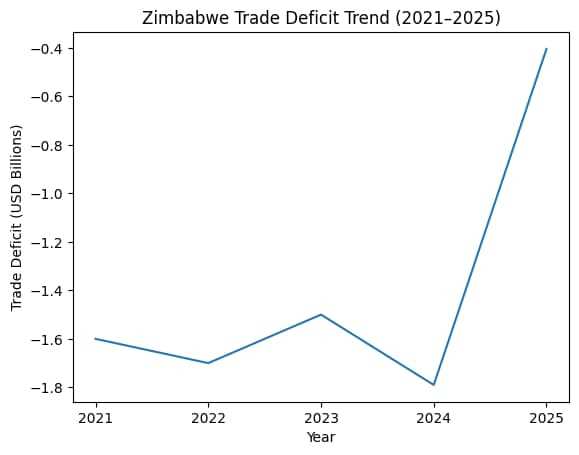
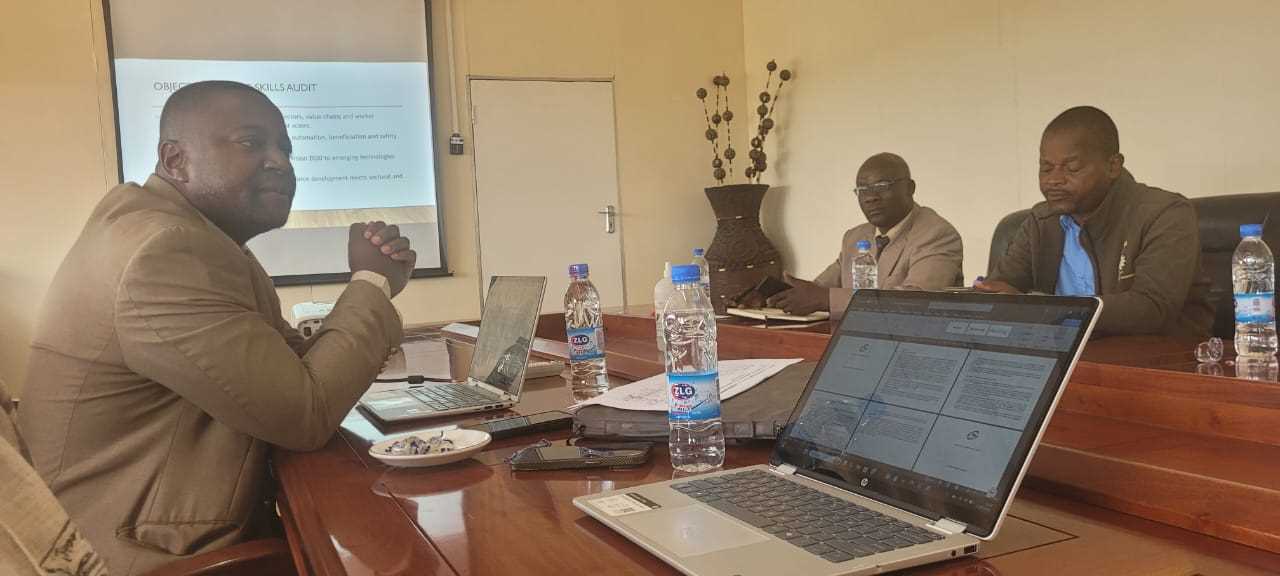


Leave Comments